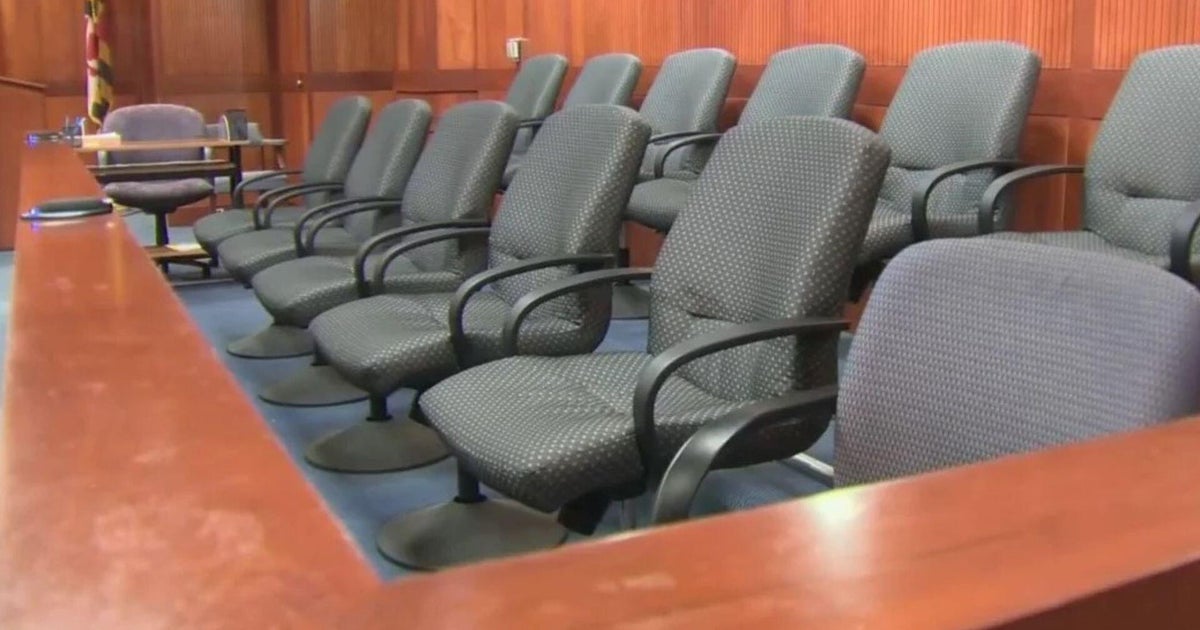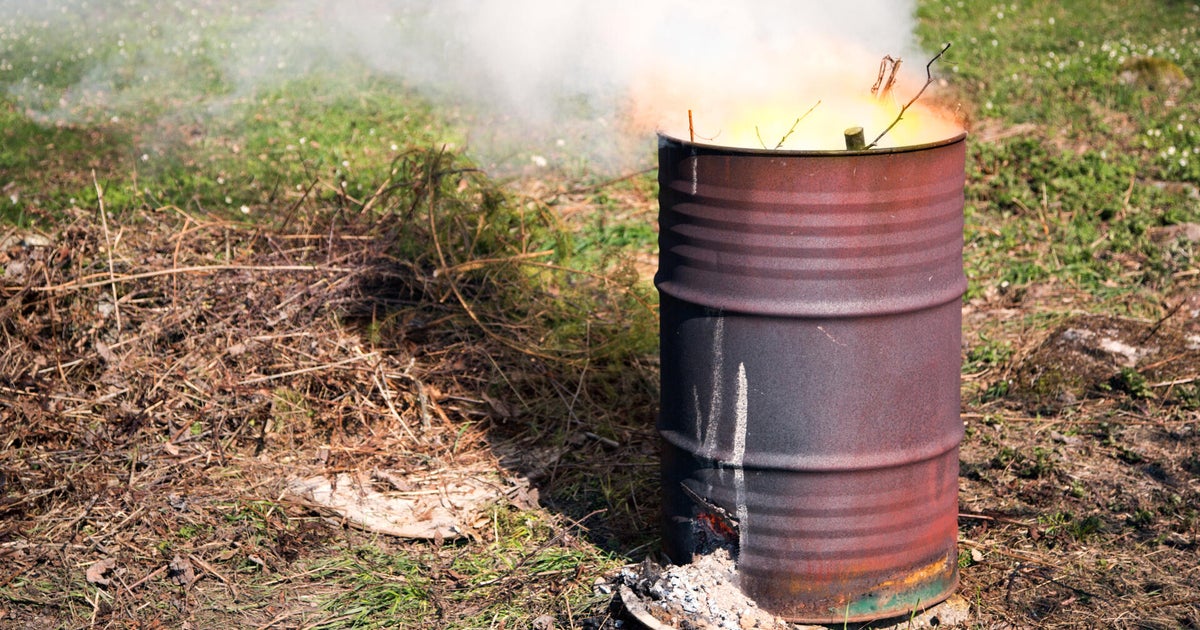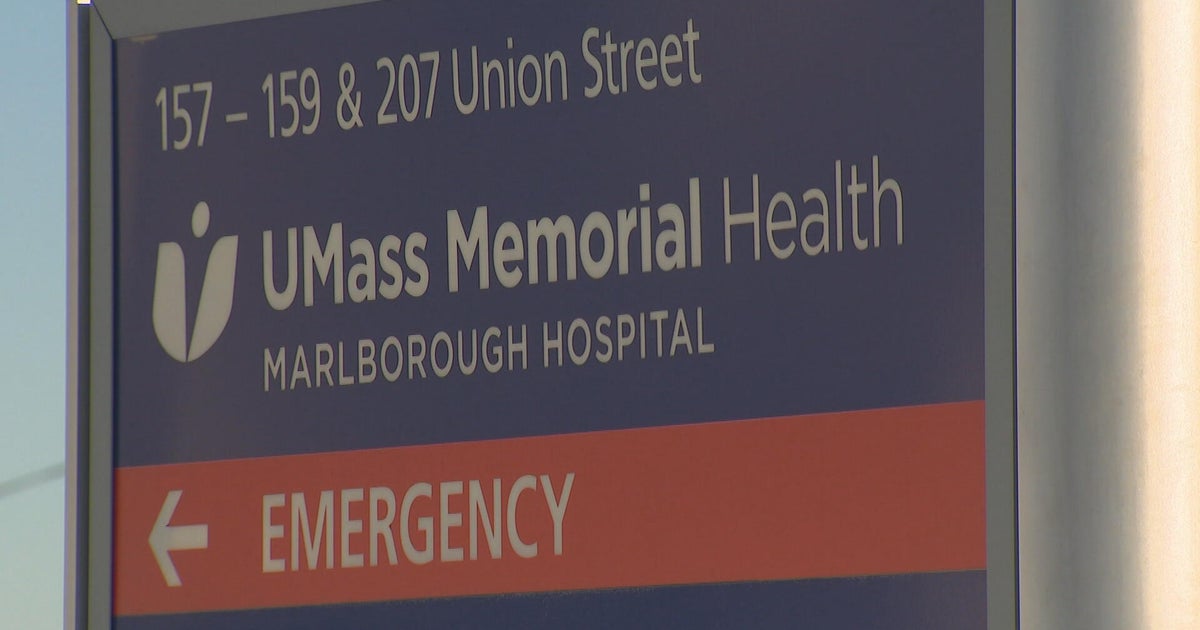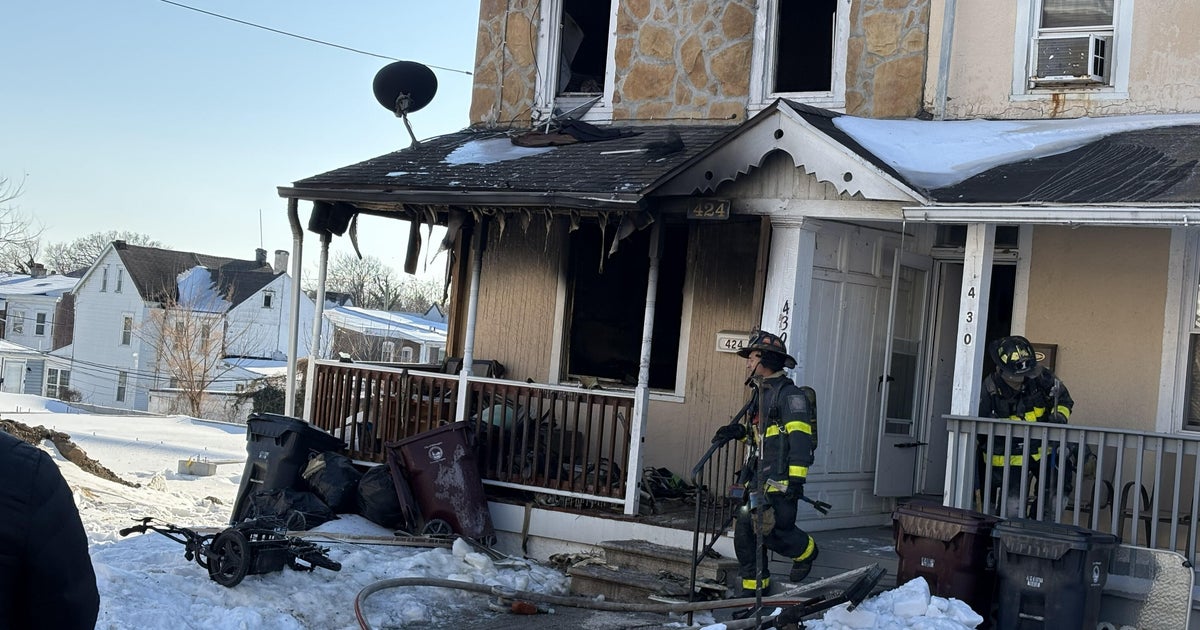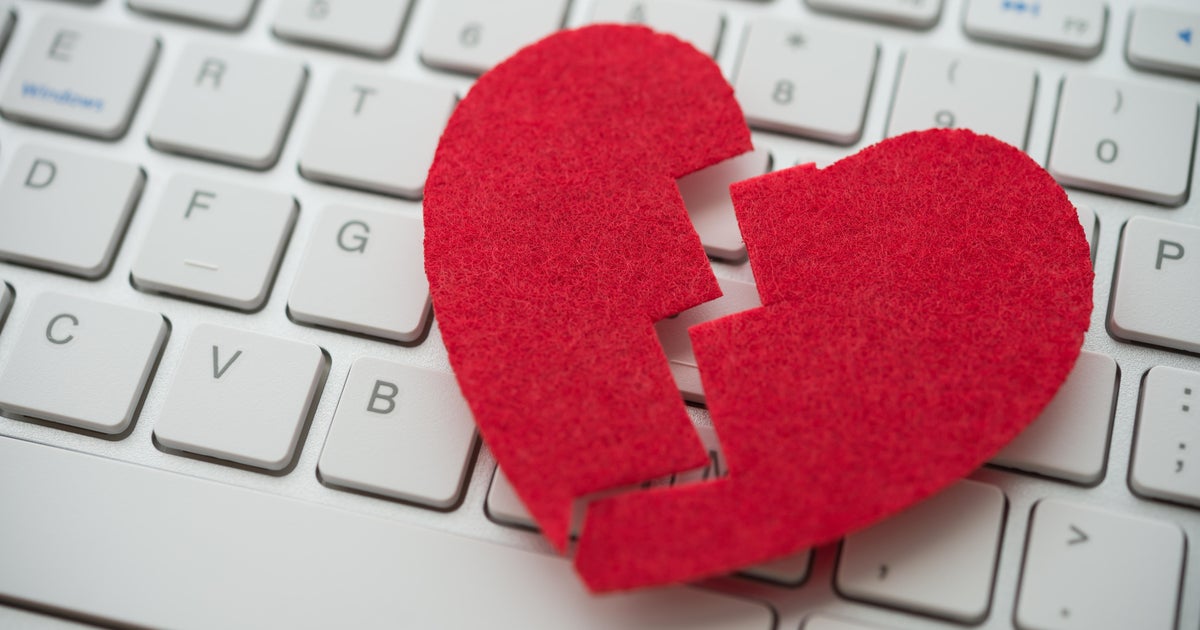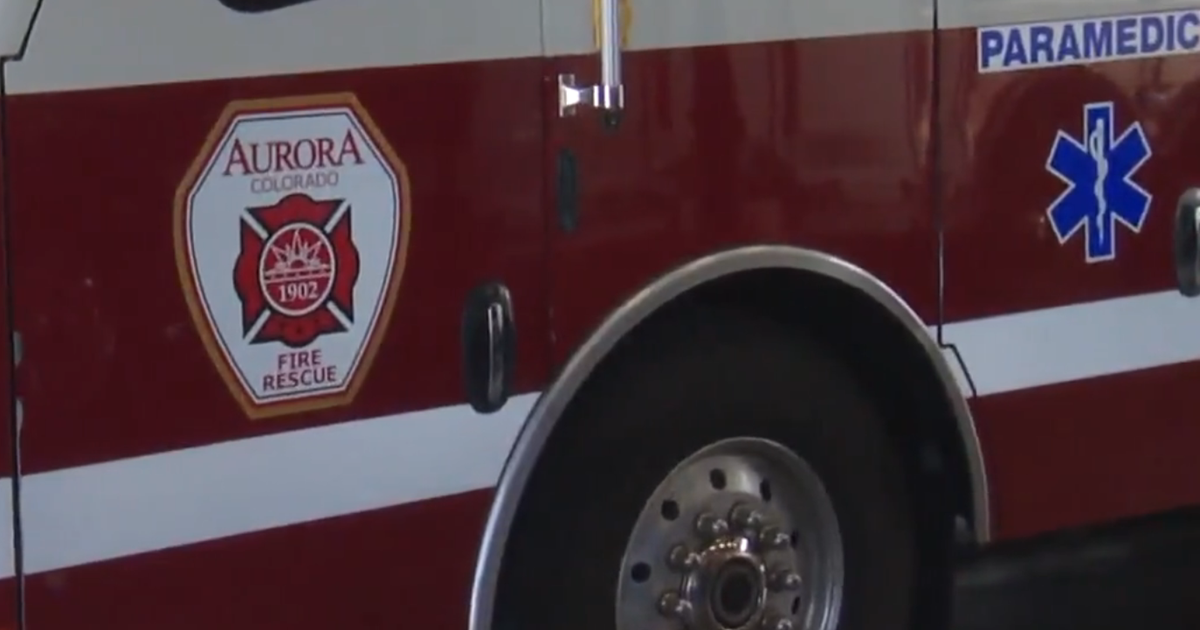Coronavirus May Increase Risk Of Stroke, Keep Patients Away From Seeking Treatment, Doctors Warn
BALTIMORE (WJZ) -- May is Stroke Awareness Month, and an increase in COVID-19-related strokes is putting added emphasis on the need to look for signs.
There is growing evidence that people who contract COVID-19 may have a greater risk for stroke and that at the same time the virus may discourage people having strokes from getting treatment.
LifeBridge Health's Chief of Neurology Adrian Goldszmidt cautioned against taking stroke symptoms lightly.
"It is the single leading cause of adult disability. (There are) about 800,000 new strokes a year and about 150,000 deaths," Goldszmidt told WJZ.
CORONAVIRUS RESOURCES:
- Coronavirus Resources: How To Get Help In Maryland
- TIMELINE: Coronavirus In Maryland, Tracking The Spread
- Coronavirus-Related Closings
- Latest coronavirus stories from WJZ
During this pandemic, the number of people going to the hospital with symptoms of stroke is going down, leading some to fear that many more may be having strokes at home as an unforeseen complication of COVID.
Bryan Pugh, the executive director of the Brain Injury Association of Maryland, said people may be afraid to go to the hospital.
"While I'm having these symptoms, I don't want to go to the hospital because I'm afraid of getting COVID, that I'm not going to be able to see my family while I'm having these health issues and that's a direct impact and that's a problem. Like we say, time is brain," he said.
COVID-19 is primarily a respiratory disease that can make patients vulnerable to brain injury due to a lack of oxygen as well as blood clots.
"Because COVID can affect the clotting system, patients, including some young patients are developing stroke and these are patients that have few if any risk factors," Goldszmidt said.
The key is to act FAST: FAST is a 10- to 15-second screening tool that will pick up most but not all stroke symptoms.
- FACE: Ask the person to smile to see if one side is drooping.
- ARMS: Have them raise both arms to see if one drifts lower than the other.
- SPEECH: Ask them to repeat a simple phrase to listen for slurring.
- TIME: Don't waste it.
"The quicker you get to the hospital when you're having stroke symptoms, the better your chance for a good outcome," Goldszmidt said.
The advice from the Brain Injury Association of Maryland is to call 911.
"You don't want to drive yourself, you don't want someone else to drive you," Pugh said. "You want to call 911 because there are things first responders can do to start the recovery process right in the ambulance."
For more information on The Brain Injury Association of Maryland, visit BIAMD.org.
For the latest information on coronavirus go to the Maryland Health Department's website or call 211. You can find all of WJZ's coverage on coronavirus in Maryland here.
